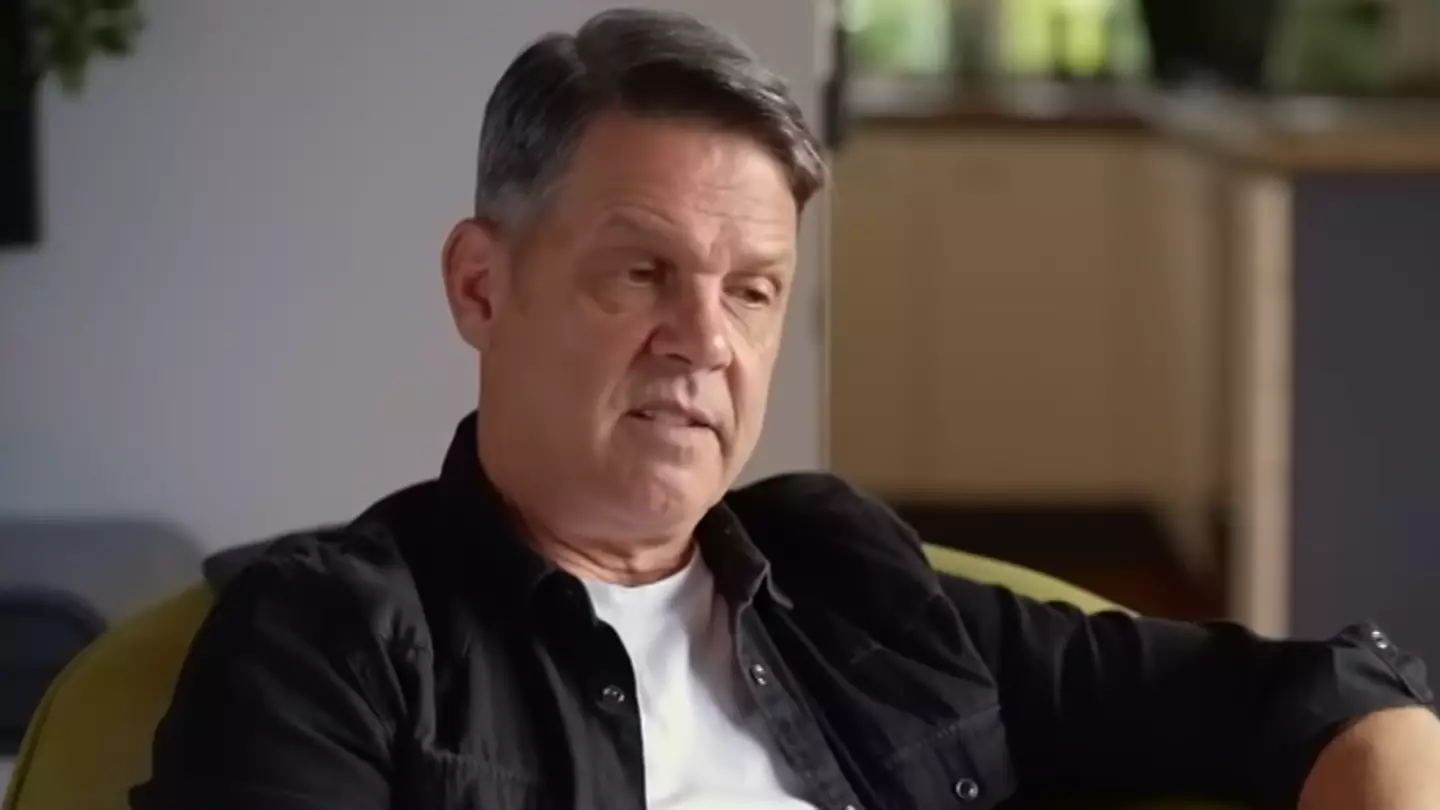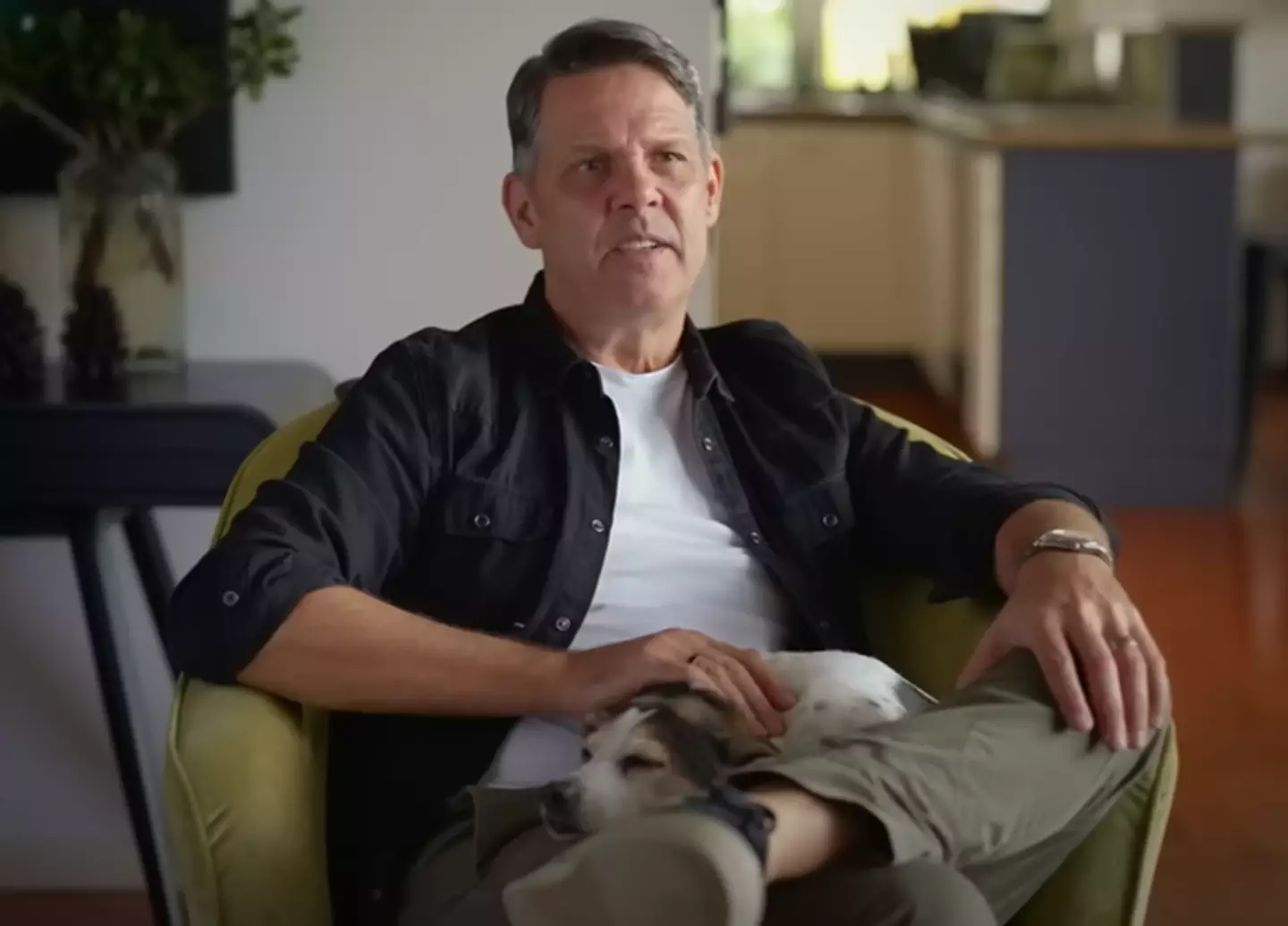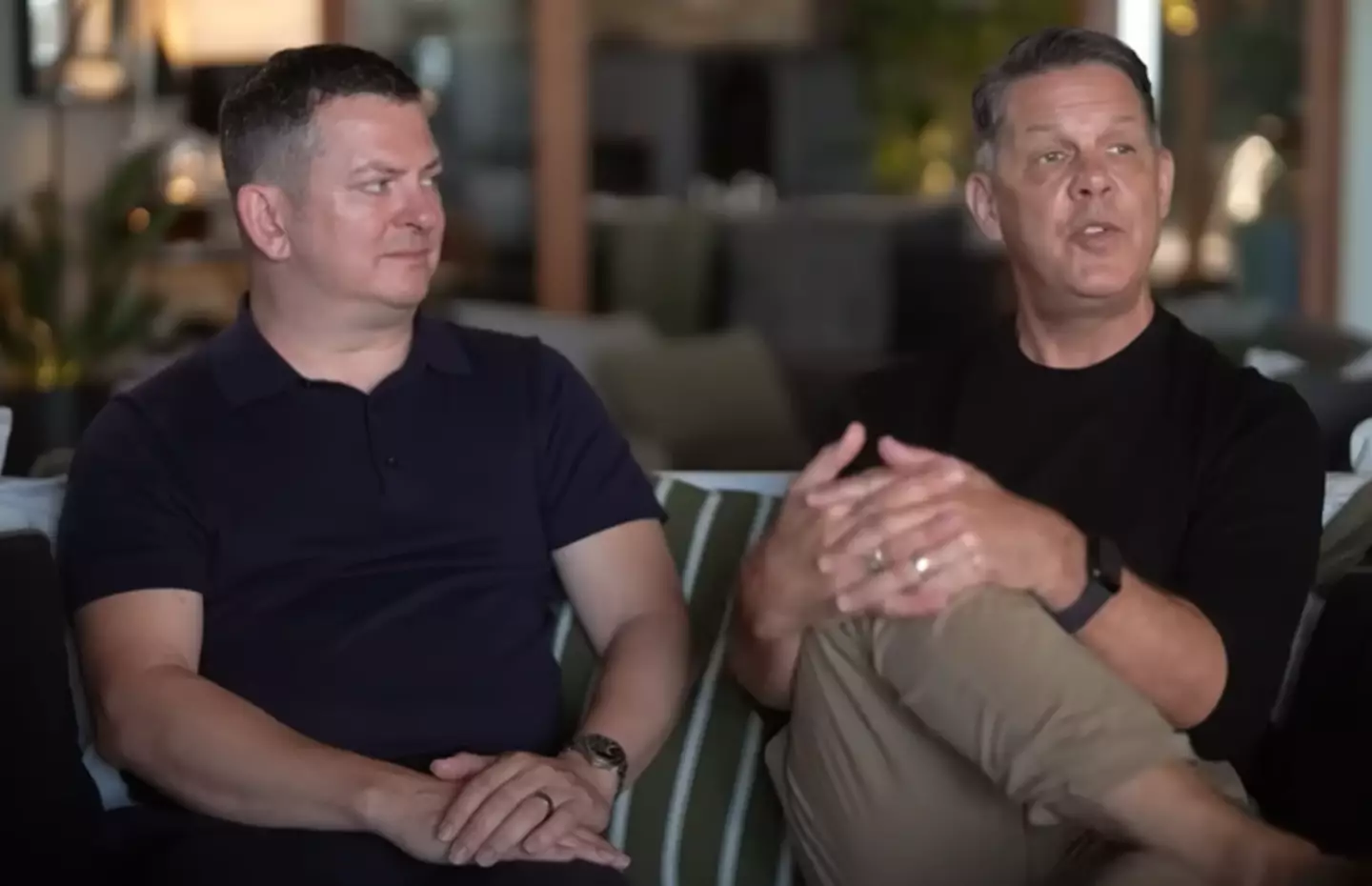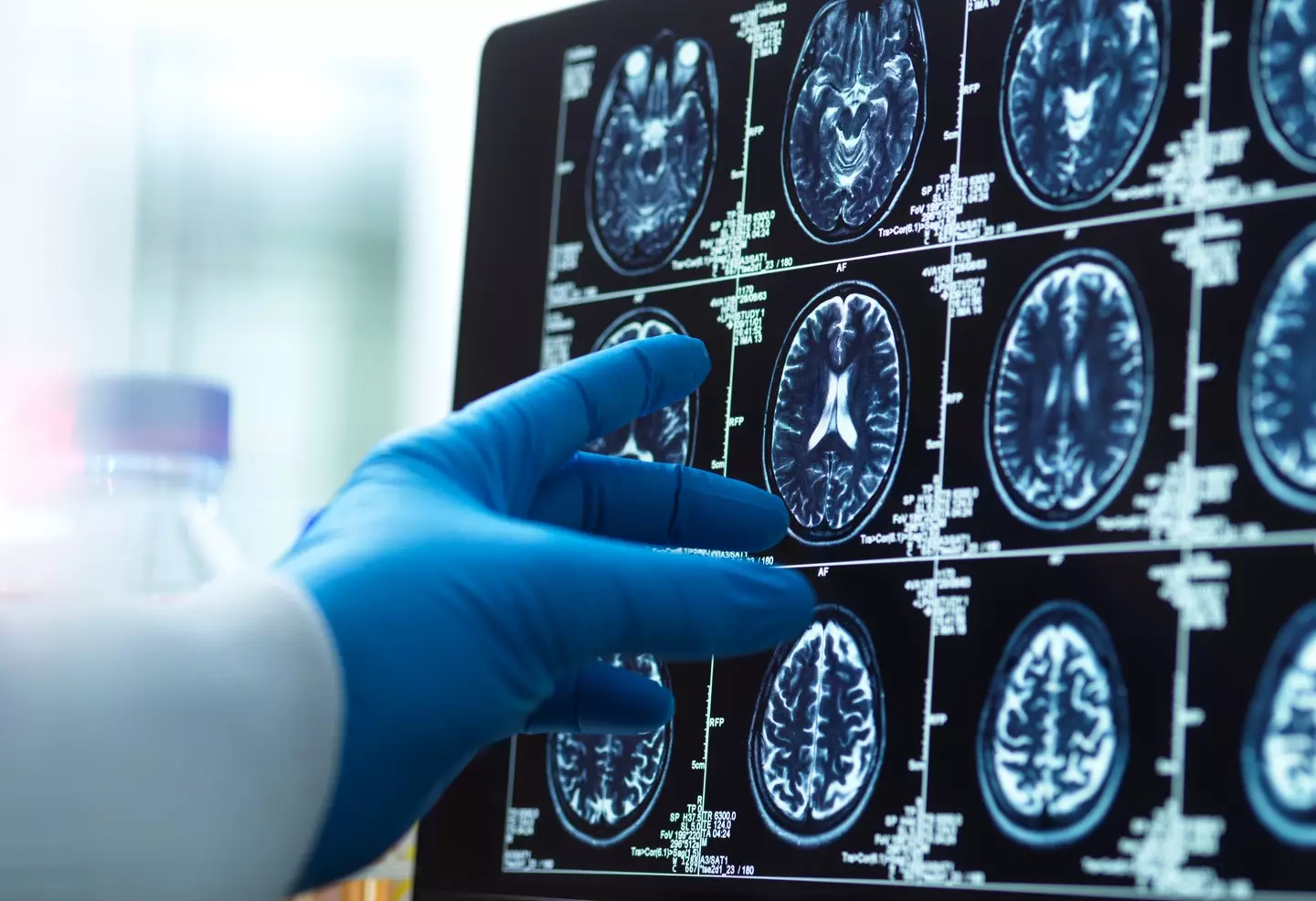
A man who was diagnosed with early-onset dementia has revealed what the first signs were and how he is coping with the degenerative and progressive diagnosis.
When Jim Rogers went to visit his cardiologist after experiencing symptoms he put down to stress, he came out of the tests with a very troubling prognosis.
Dad-of-three Jim lives in Australia, which has just had green light for a new drug to help treat early-stage Alzheimer's, which is the most common form of dementia.
But while it brings hope to those with early-onset dementia, it isn’t a cure.
Advert
For Jim, his early symptoms were initially believed to be a heart problem, which was picked up by his partner, Tyler, as well as his colleagues.
But a ‘p***** off’ cardiologist spotted something which led her to refer Jim to a different department, sparking a chain of events which would uncover his progressive cognitive decline.

Explaining his first symptoms to ABC News, Jim said: “I think I was having symptoms for a couple of years until I actually got my diagnosis. I was 55 when I got diagnosed, I’m 58 now.”
He added: “I know I've got funny things, I can get lost, like I can go for a walk and get lost in a familiar place. So embarrassingly ridiculous. You know that feeling when you go into a room and you've lost your keys or you've lost your phone?
“Imagine that 20-30 times a day. It's so draining.”
He also explained that during the night is a ‘horrible’ time for him as he has a feeling in that his ‘mind plays tricks on you and it's not nice, so I keep losing my train of thought’.
As for his partner Tyler, he explained the things that became a red flag to him that Jim needed to seek medical advice.
He shared: “I noticed little things like he opened the fridge, and the spray and wipes ended up in there, or something like that.”
Jim said: I look good, I look fine, I seem fine, but I think we all just don't really want to know about what's ahead.”

He then explained that when it comes to walking his dog, others need to ‘make sure’ to remember where they have walked with him otherwise he will ‘get confused and unsure’.
Jim admitted ‘it's really not nice’ and that ‘it feels as though you're losing that grasp’.
While it has been three years since his shock diagnosis, he admits he ‘just couldn't even believe’ why he had developed early-onset dementia.
He explained that he didn’t know where it ‘came from’ as he has ‘no one in my family directly who suffered’ from the illness.
Previously, when talking to ABC News, he explained the moment he found out about his dementia and what led to the cardiologist to refer him to a specialist.

He said: "One day I went to my cardiologist and she was getting a bit p***ed off with me because my phone was constantly going off.”
His mobile phone ended up giving her clues that he needed further tests, after she became concerned about the way he answered a simple instruction he was given.
Jim explained: "She was like: 'Can you put it on silent?' And I had this blank where I couldn't even work it out. And it was her that said to me: 'Are you experiencing problems like this?'”
He confirmed that things like that had been happening to him recently, leading her to refer him to a memory clinic.
The father shared: “They analyse all sorts of things about the way you perceive information; they sent me for brain scans, they do all sorts of stuff. They asked me to have an appointment with the neurologist."
Sadly, the neurologist deduced that Jim had early-onset dementia.
What are the symptoms of early-onset dementia?
Typically, dementia affects people aged 65 or over, but in rarer cases it can develop in people in as young as their 40s and 50s, which is referred to as early-onset dementia.
According to the NHS, common early signs of dementia include:
- memory loss
- difficulty concentrating
- finding it hard to carry out familiar daily tasks, such as getting confused over the correct change when shopping
- struggling to follow a conversation or find the right word
- being confused about time and place
- mood changes
It notes that these symptoms often start out mild and get progressively worse as time goes on.
If you've been affected by dementia or Alzheimer's and would like to speak with someone in confidence, contact the Alzheimer's Association via 800.272.3900 open 24 hours seven days a week.
